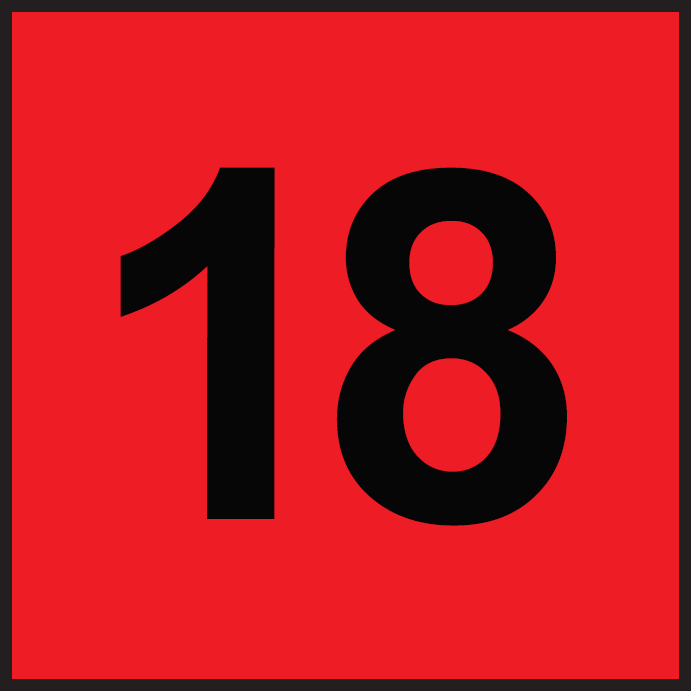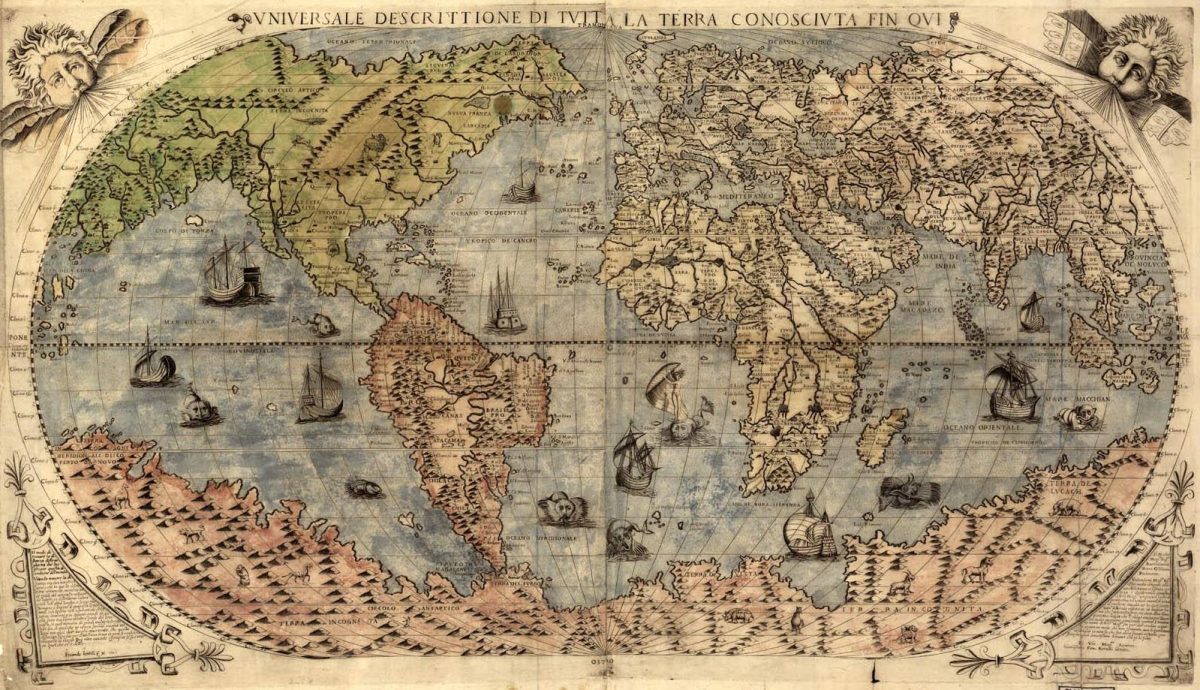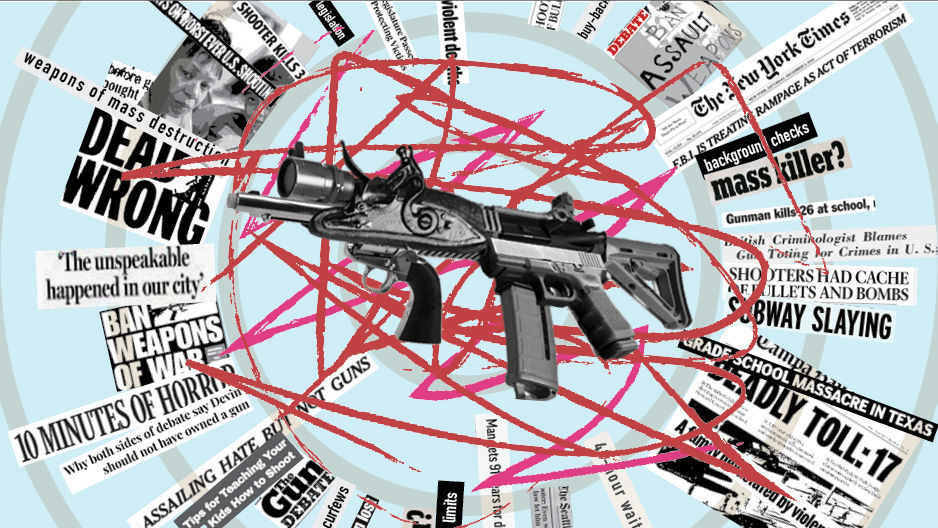Exactly 176 years ago today, Edgar Allan Poe was last seen alive as he was pulled into cold, dark nights of solitude just before his death.
Poe was a writer, a critic, a poet, and an artist. He shaped the era of short stories forever, influencing authors and English lessons to this day. He wrote poems and short stories throbbing with fear, suspense, and mystery. He used powerful imagery and words so pungent you could almost hear your own heart beating as you hung on every word.
WHO WAS EDGAR ALLAN POE?
Poe was born in Boston, Massachusetts January 19th, 1809, to actors. Both his parents were performers. Unfortunately, both of his parents died before Poe was 3 years of age. His mother, Eliza, died of some disease (likely Tuberculosis) in Richmond, Virginia, and his father, David, died a few days after his wife under mysterious circumstances. To this day, no one truly knows what happened to Edgar Allan Poe’s parents; their deaths are both shrouded in vagueness.
After the death of his parents, Poe was adopted by the Allan family in 1811. He was separated from his siblings, Rosie and Henry, who went to other families. Edgar was never legally adopted by the Allan family, but was christened with the name Edgar Allan Poe, finally tying together his family legacy.
Poe lived a life as strange and interesting as himself. He traveled a lot, with his family and from school to school. Learning in England as well as America. Once, he even swam several miles up the James River against heavy current; it’s unknown exactly why.
In 1824, Poe wrote a short poem, which is his earliest surviving work.
“Last night, with many cares and toils oppressed, Weary, I laid me on a couch to rest.”
He soon returns to school, where he is educated in literature and history. For a brief time, Poe enlisted in the United States Army under a pseudonym. By the time he gets out, he has already published several of his writings. He continued writing and critiquing his contemporaries into adulthood.
INFLUENCE
Poe had poetry figured out, to a scientific degree. He would use formulas to dictate the importance of a piece. He would use two points of judgment: first, in order to be considered successful, the work had to be impactful on the reader, and second, the author had to mean it.
Poe worked to show beauty to readers through the grotesque, strange, and ominous topics that he decided to use in his literary works. He plays with psychological realism, an idea that wasn’t as popular at the time. Essentially, using words to unlock a narrator’s mind. He influenced Dostoevsky’s and H. P Lovecraft’s writings in different ways.
Poe’s works are still analyzed to this day. “The Tell-Tale Heart” is an impactful short story still being read every day in English classes, including in Winthrop’s.
In the various places that Poe lived, you can still find ghost tours at every street corner and “haunted” museums at every turn.
WHAT HAPPENED TO EDGAR ALLAN POE?
Poe’s death is shrouded in just about as much mystery as his literary projects. On October 3, 1849, in Baltimore, Poe was last seen alive. Nevertheless, it’s unclear under the circumstances of his demise. Some biographies explain him to have been found delirious and unconscious outside of a bar. Some write about a more peaceful death, in a hospital, of some vague sickness.
He officially died on October 7th, 1849, at age 40. He was buried a few days later near his grandfather in the Westminster burial grounds.
However, nobody quite knows what happened to him.
Several myths have circulated. Such as that he was buried alive, which has been debunked. However, stories like these that seem silly have served their purpose in securing Edgar Allan Poe’s legacy. Despite being mostly ruled out, wouldn’t it be interesting to imagine that Poe wrote his stories while keeping a raven on his shoulder? Or that he haunts his old family home to this day?
I believe that he deserves an afterlife as mysterious and bizarre as his writings.
After all, while you read his stories, you can still hear a beating sound getting louder and louder. I wonder what it could be.


















